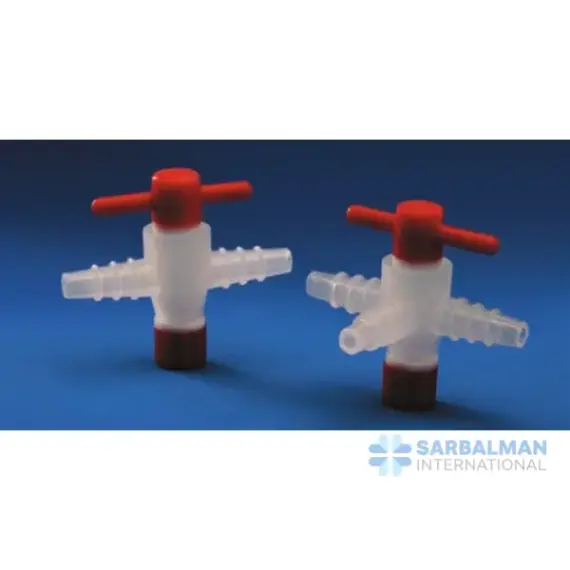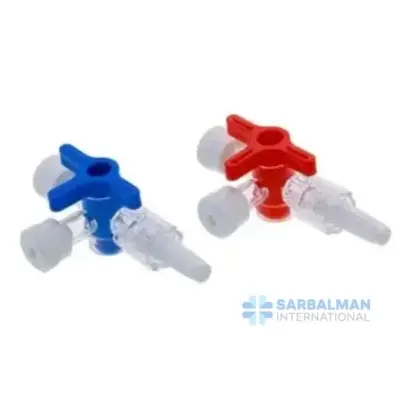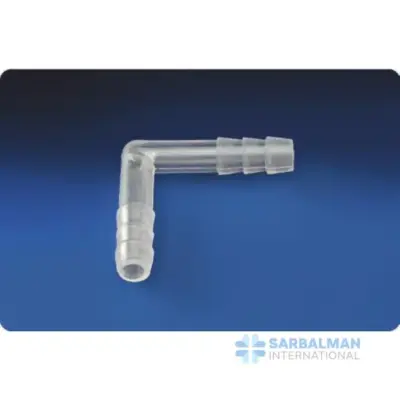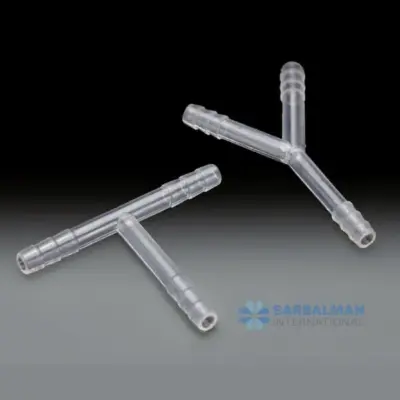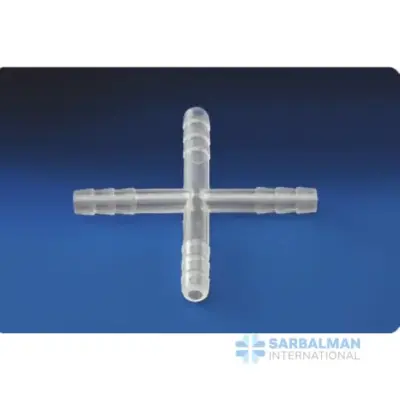Plastic Stopcocks, Polypropylene (PP)
Free!
Polypropylene plastic stopcocks are durable, quarter-turn lab valves for controlling and diverting flow. They fit common tubing and come in two-way and three-way formats, giving clean shutoff and low dead volume. Choose PP stopcocks for routine acids, bases, and aqueous solutions when you want shatter safety, easy cleaning, and dependable flow control at a practical price. Ideal for research, QC, teaching labs, and pilot processes.
Description
A polypropylene (PP) plastic stopcock is a compact flow-control valve for laboratory liquids and gases. It regulates, diverts, or shuts off flow with a simple quarter turn of the handle. PP construction delivers a strong balance of chemical resistance, low weight, and shatter safety, making it suitable for routine bench work and many process setups. Units are commonly available in two-way and three-way formats with barbed, threaded, or luer-style connections to integrate with tubing, bottles, manifolds, and apparatus.
Key features and benefits:
• Precise quarter-turn control for start, stop, and fine adjustment
• PP body resists many acids, bases, and aqueous solutions
• Lightweight and impact resistant for safer handling than glass valves
• Good seal integrity with low dead volume to reduce hold-up and waste
• Options in two-way and three-way configurations for inline or distribution duties
• Multiple end connections to fit common lab tubing and fittings
• Easy to clean; smooth wetted surfaces support good lab practice
• Autoclavable versions available; verify temperature and cycle for your process
Common use cases and industries:
• Sample transfer, reagent dispensing, and line isolation in research and QC labs
• Chromatography setups, wash lines, and buffer distribution in bioprocessing
• Educational labs and pilot plants where durable, low-maintenance hardware is preferred
Comparison guidance:
• Versus glass stopcocks: PP is lighter and shatter safe, but not for high heat or aggressive organic solvents
• Versus PTFE valves: PP is more economical and rigid; PTFE offers broader solvent resistance for harsh duty
Quality and compliance notes:
• Typically supplied in several bore sizes to match flow requirements
• Material and lot documentation can be provided for audit trails; confirm chemical compatibility and sterilization method before use

